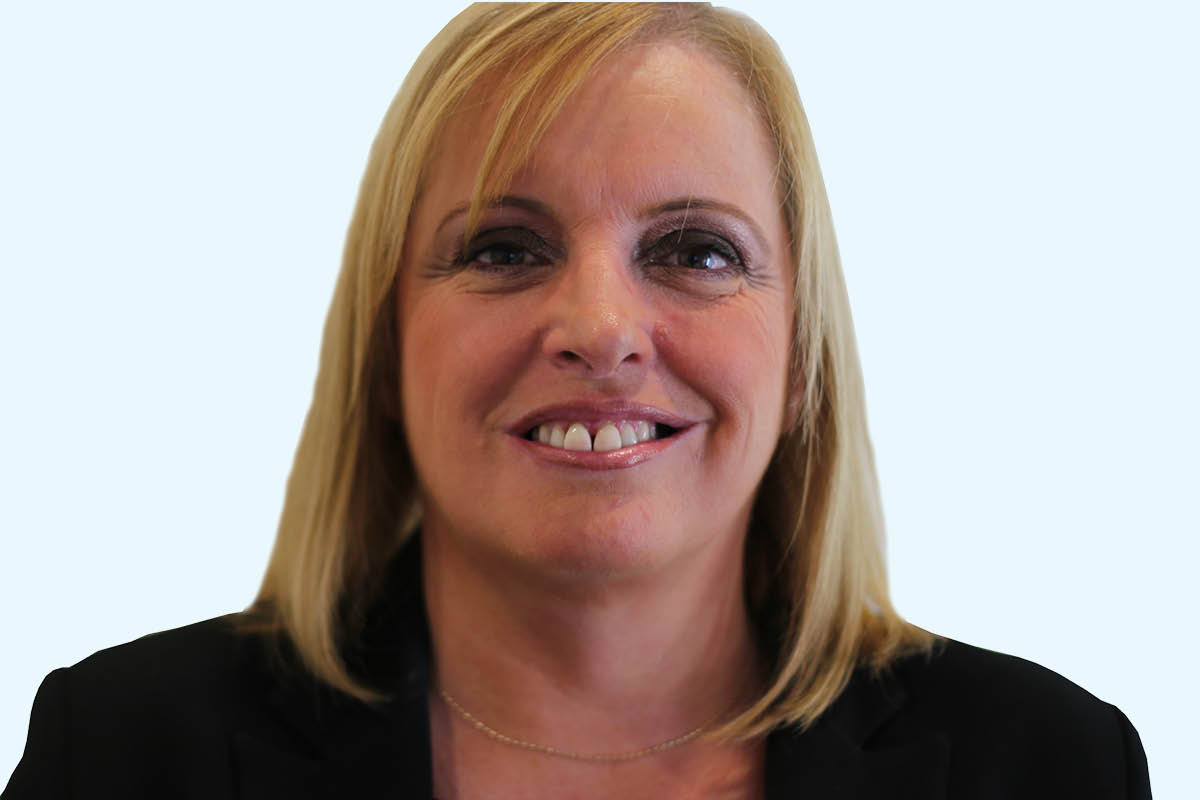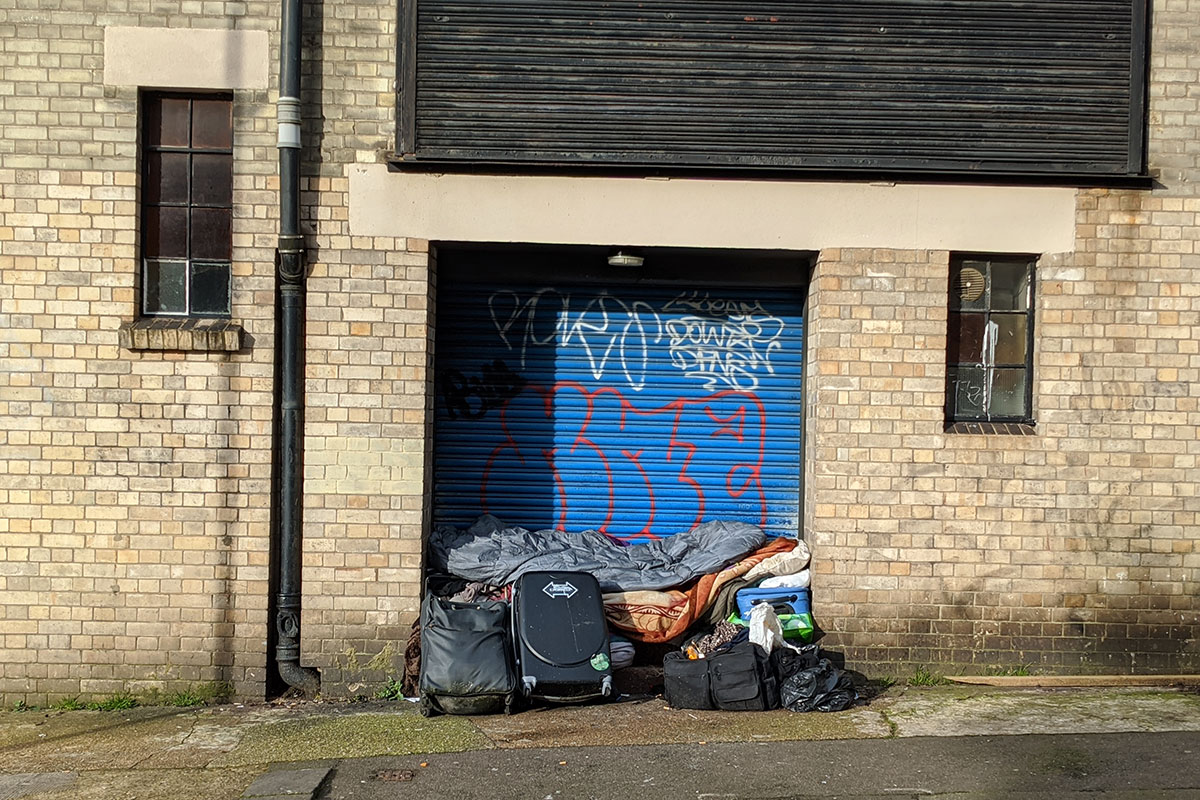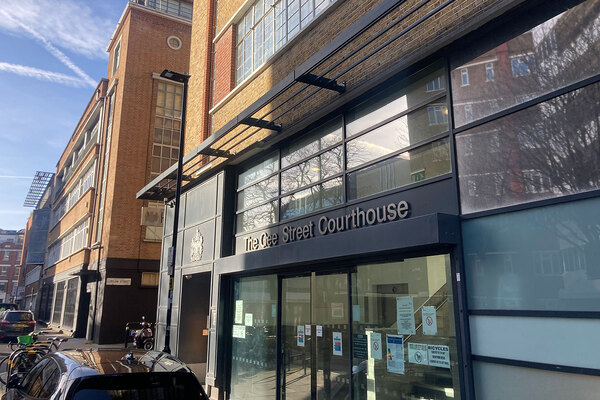You are viewing 1 of your 1 free articles

People experiencing homelessness deserve choices, too
A government study on Housing First revealed that offering choice to homeless people is key, even if it can be difficult at times, says Dr Lígia Teixeira
Choice and personalisation are concepts long embedded within the delivery of most public services. We accept we cannot provide good healthcare without the patients’ voice, and we know that schools could not meet their pupils’ needs without listening to input from children and their parents. Why, then, is such an approach not yet commonplace in services to relieve and prevent homelessness?
“On moving into a property through the Housing First scheme, some of the individuals housed were ‘almost incredulous’. Why should that be?”
The recently published evaluation of the UK government’s three Housing First pilots by the Ministry of Housing, Communities and Local Government (MHCLG) includes an eye-catching phrase. On moving into a property under the scheme, some of the individuals housed were “almost incredulous”. Why should that be?
Because, after experiencing long periods of street homelessness, poor mental and physical health, substance use or involvement with the criminal justice system, they were finally given their own home. And yet, their surprise was due to more than that; it came from being given a choice.
One participant told the evaluation team: “They kept asking me questions like, ‘What do you think of this or that area?’ and ‘Would you prefer ground-floor or what?’ We even went [for] a drive round once and was just looking at different areas and chatting about where would be nice to live. I was buzzing man! I [could] barely walk at the time but when they rolled up with the keys, I swear, I did a backflip!”
“A sense of agency. Listening to people’s needs. Some personal choice. These are integral to the design of Housing First as an intervention and appear to be important elements to the pilots’ success so far”
The importance of consulting people recurs throughout the study.
Many of the properties found for people were sparsely furnished or bare. The delay in receiving initial Universal Credit payments, which are paid in arrears, meant some participants struggled to buy furnishings, cookers, fridges or other appliances. And so ‘personalisation funds’ were offered to them. These, the evaluation reported, “were key to facilitating the moving-in process and allowed service users to develop a sense of ownership and pride in their new homes”.
Similar flexibility was shown in the frequency and type of contact people were offered with support workers, whose role is critical to the Housing First model. The evaluation notes: “One participant reported that his support worker calls him ‘every day…sometimes just for a chat or to remind me about something I need to do’ and explained that he also attends clinical appointments or three-way calls with him.” But other interviewees said they were happier with a weekly phone call. “Being able to control the amount of contact was clearly important to some interviewees for whom this contributed to a sense of agency,” the evaluation found.
A sense of agency. Listening to people’s needs. Some personal choice. These are integral to the design of Housing First as an intervention and appear to be important elements to the pilots’ success so far.
To recap, Housing First is an evidence-informed approach that offers people who have experienced long-term homelessness a home from which to rebuild their lives, accompanied by intensive person-centred support. MHCLG has funded three pilots in the Greater Manchester Combined Authority, Liverpool City Region Combined Authority and West Midlands Combined Authority.
“The picture painted was not simple, and offering choice to participants not always straightforward. The evaluation found a concern that offering homes based on individual choice increased risks around anti-social behaviour, crime and victimisation”
The latest evaluation was based on in-depth qualitative interviews and focus groups with 50 staff, 20 people from partner organisations and, for the first time, with 29 individuals given accommodation through the Housing First pilots. The report also drew on monitoring information and other data.
As with all studies of this kind, the picture painted was not simple, and offering choice to participants not always straightforward. The evaluation found a concern that offering homes based on individual choice increased risks around anti-social behaviour, crime and victimisation. It notes: “This often meant that more intensive support has been required and in some cases tenants had subsequently transferred to properties in other areas. The tension that sometimes occurs between respecting and enabling choice whilst mitigating harm was mentioned by many operational interviewees.”
But the overwhelming message is that this is an intervention that suits stakeholders at every level, and importantly, most of the participants interviewed were highly satisfied. Some said they stabilised drug use through maintaining a methadone prescription, reduced levels of drinking, improved their health by regular attendance at GP and other appointments, stopped street sex work, or re-established relationships with friends and family, including with children who had been estranged or in care. Some also became involved in voluntary work.
These projects are still in their experimental stage, but it does appear that offering greater personalisation and choice may continue to yield huge benefits to people and to the wider society, as it does in other public services. Above all, it offers great promise that Housing First could be the best evidence-informed intervention in our efforts to end homelessness for good.
Dr Lígia Teixeira, chief executive, Centre for Homelessness Impact











